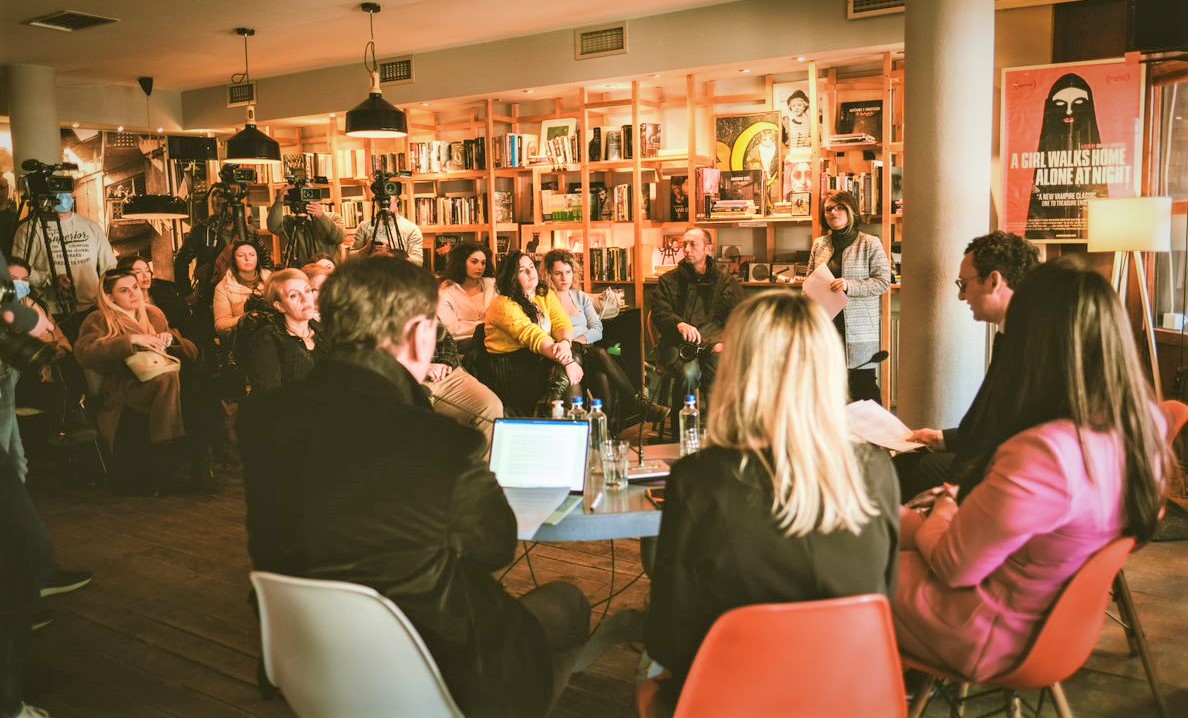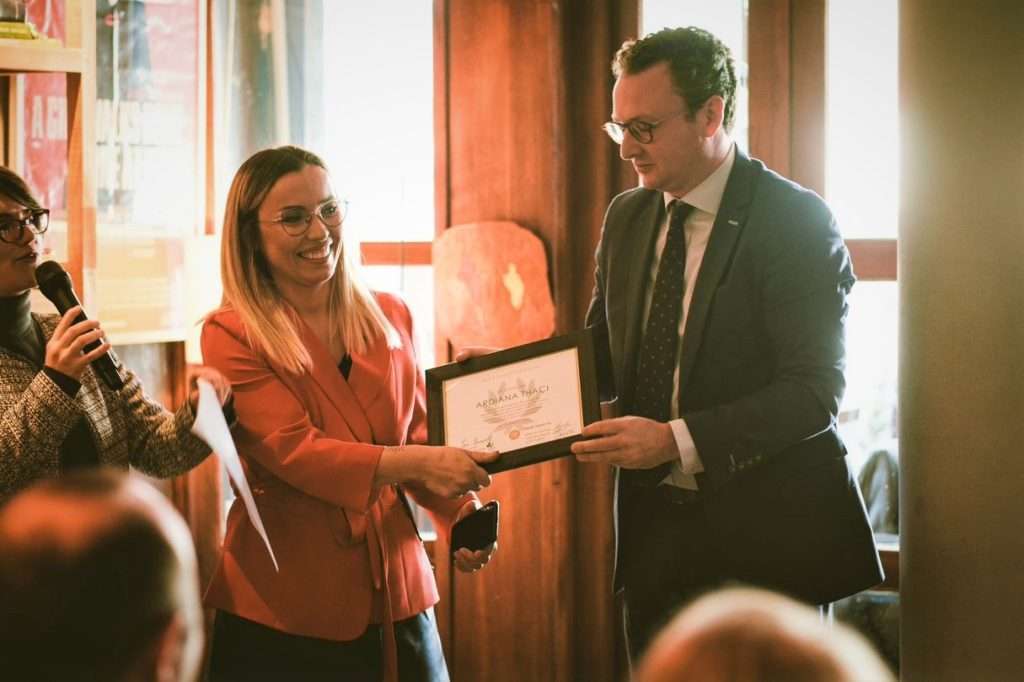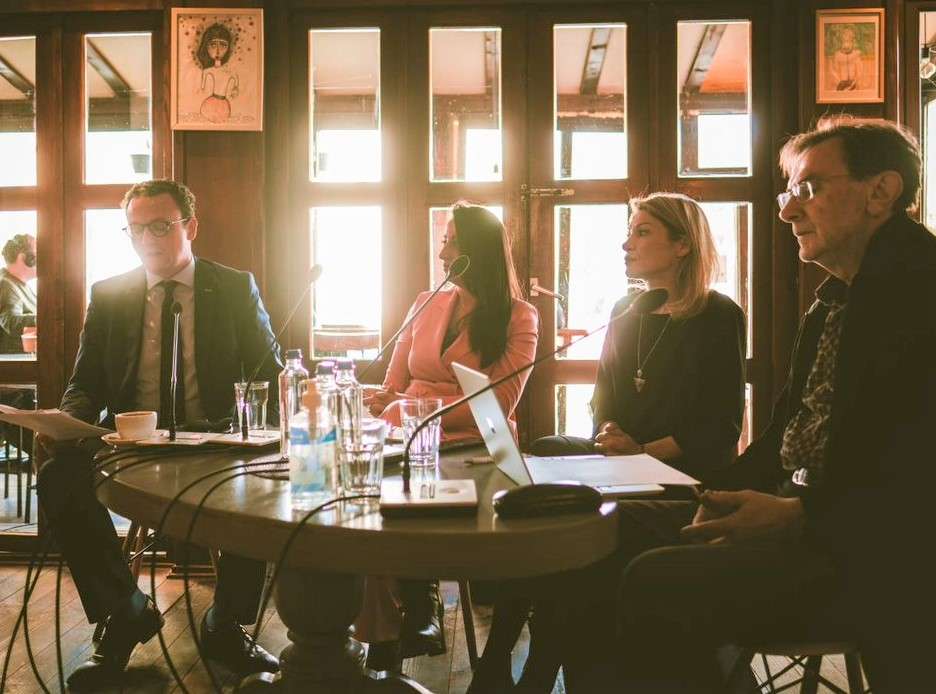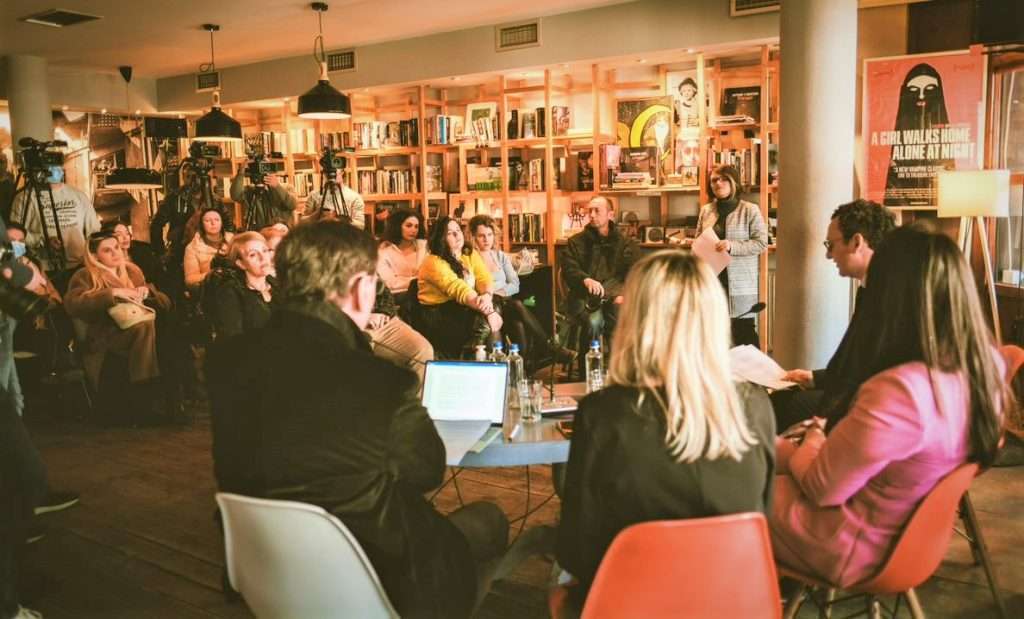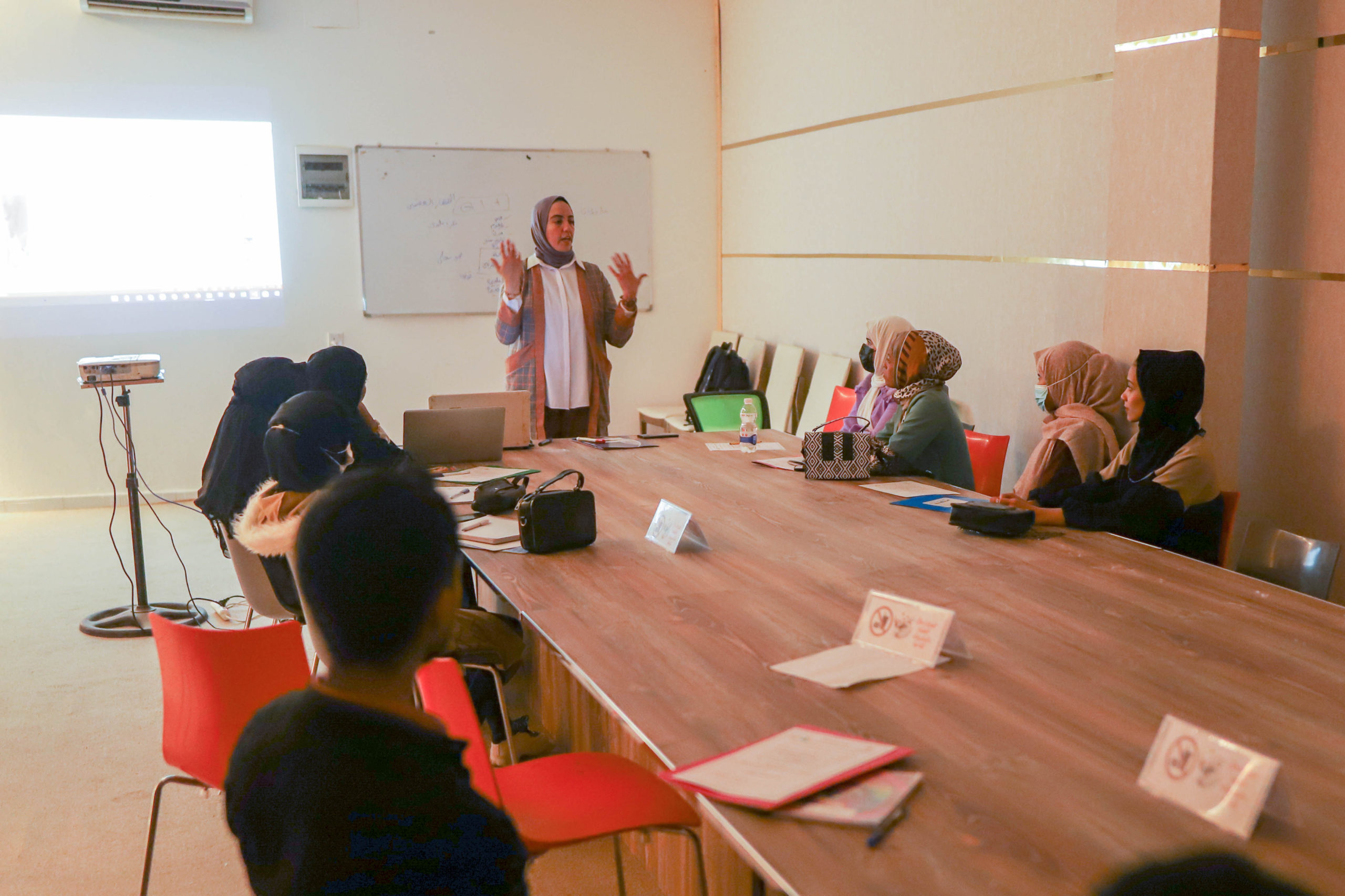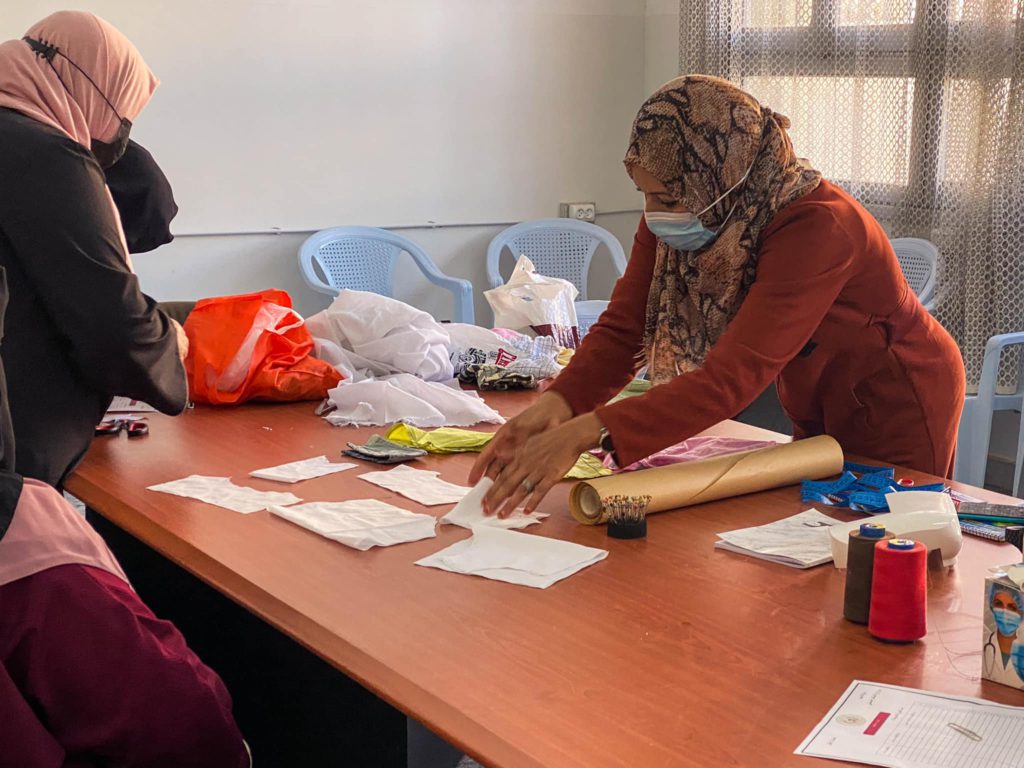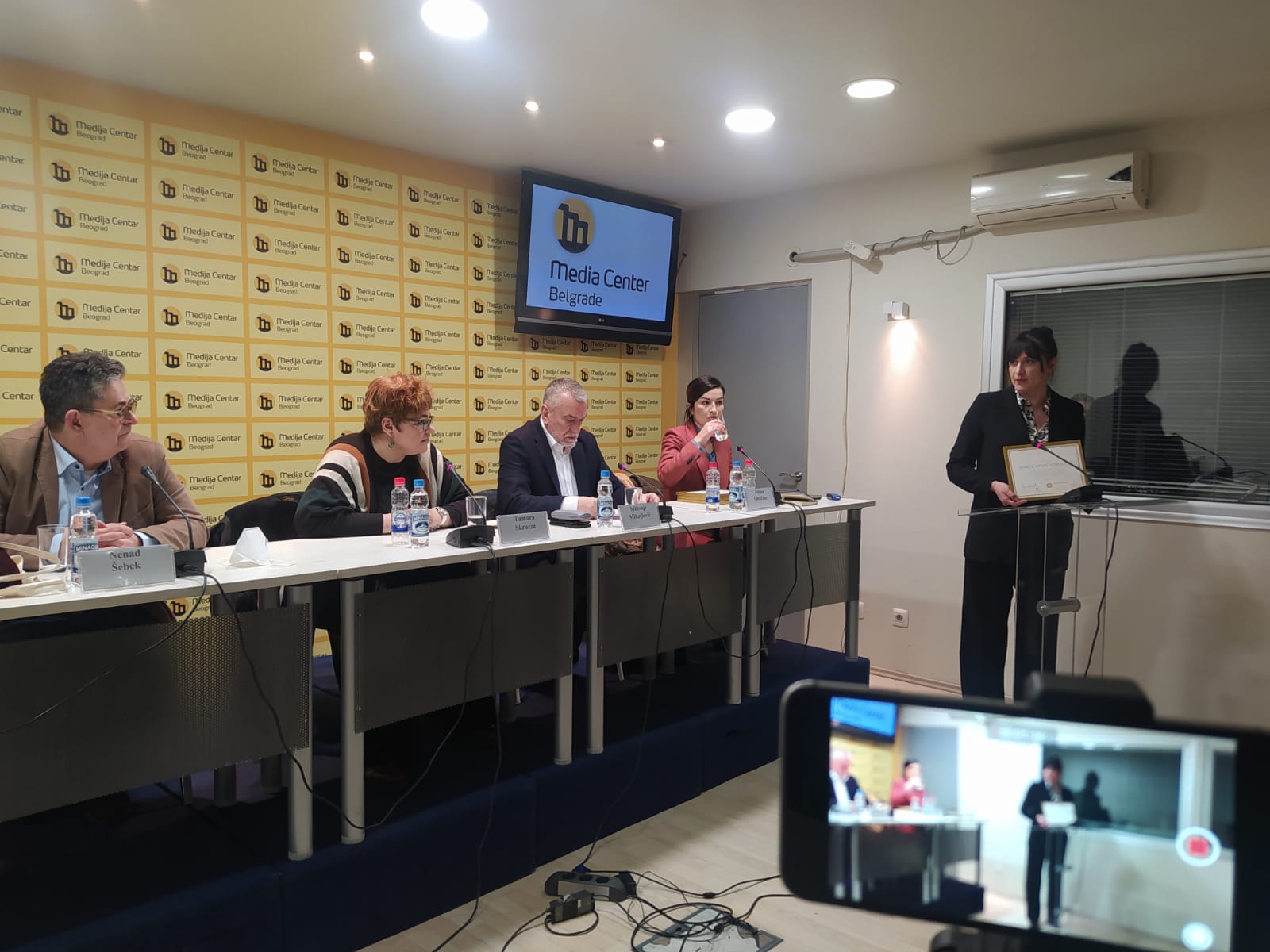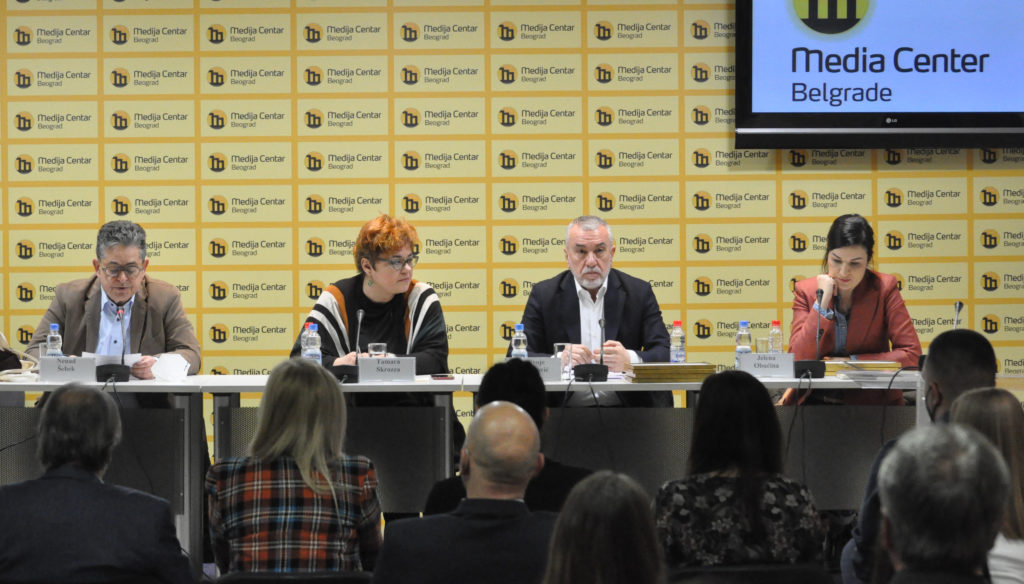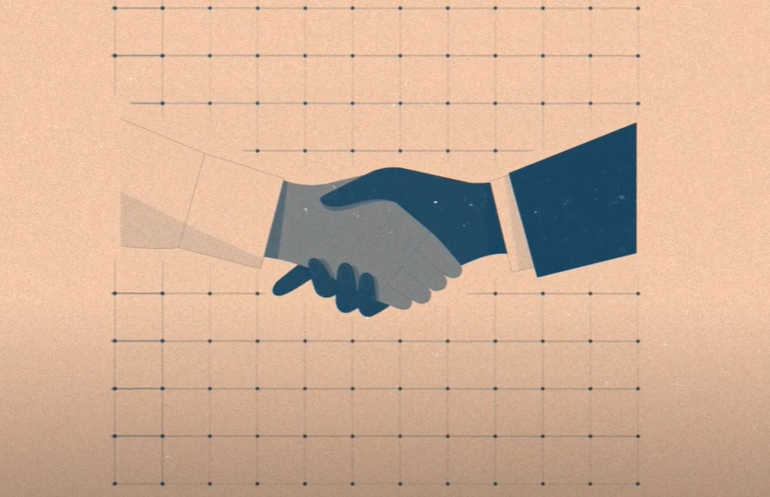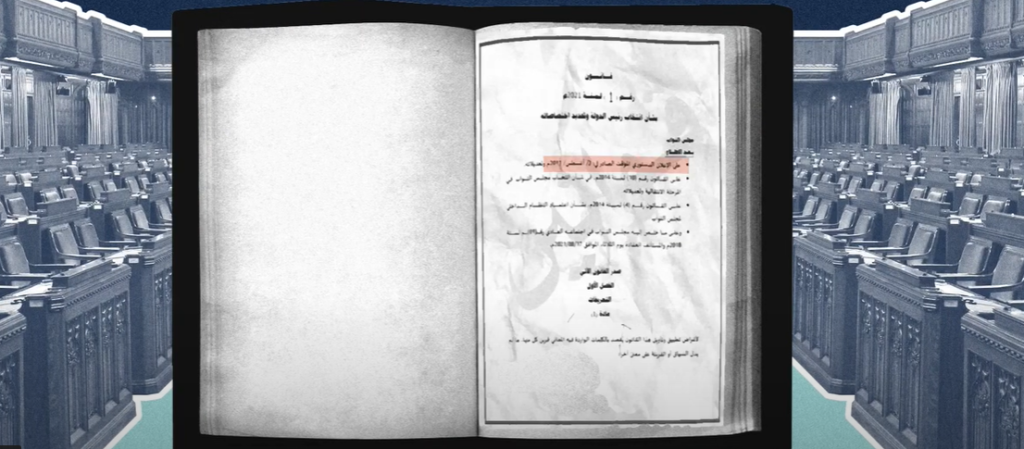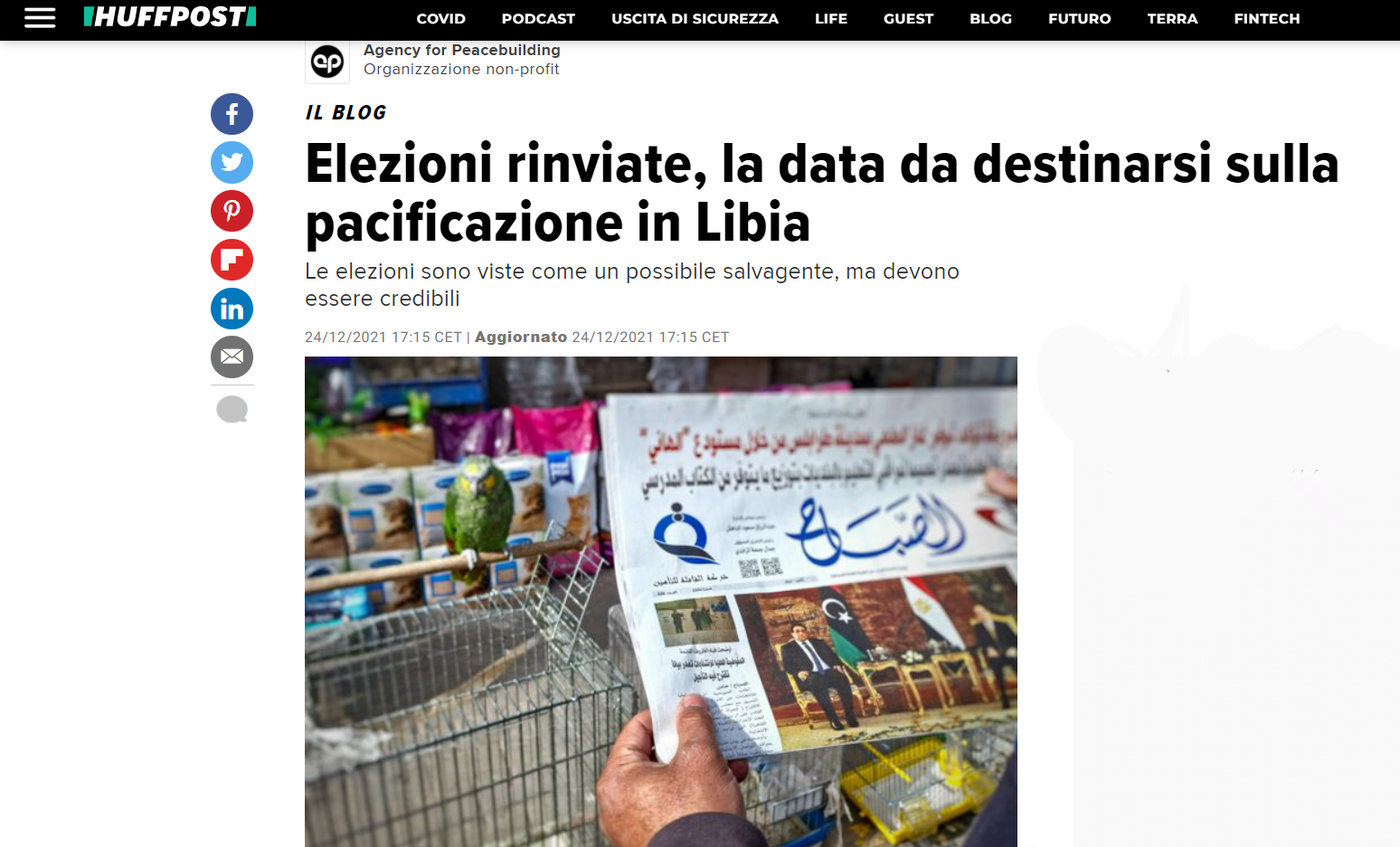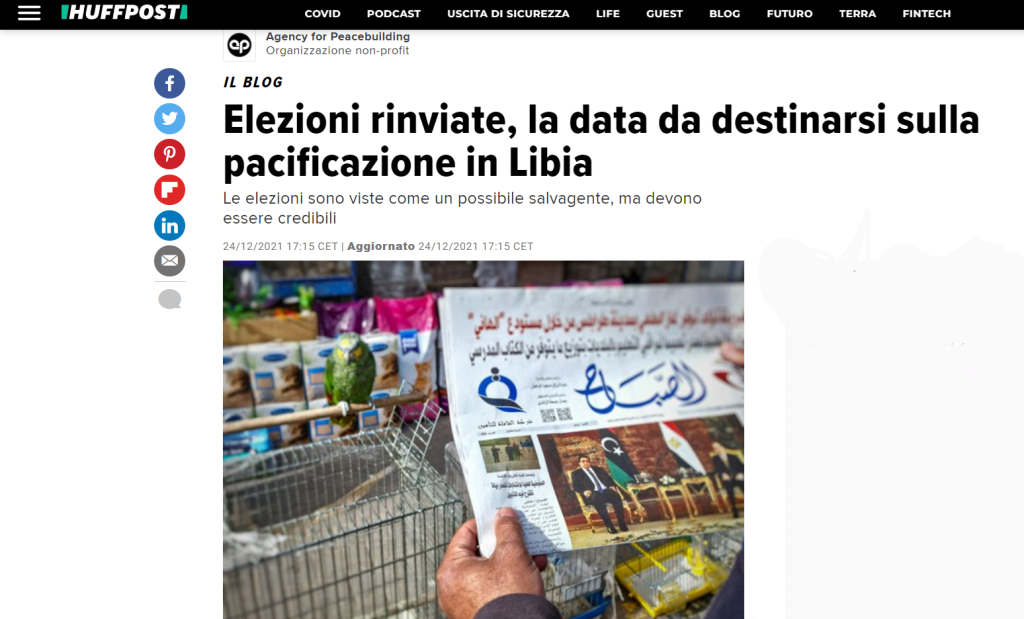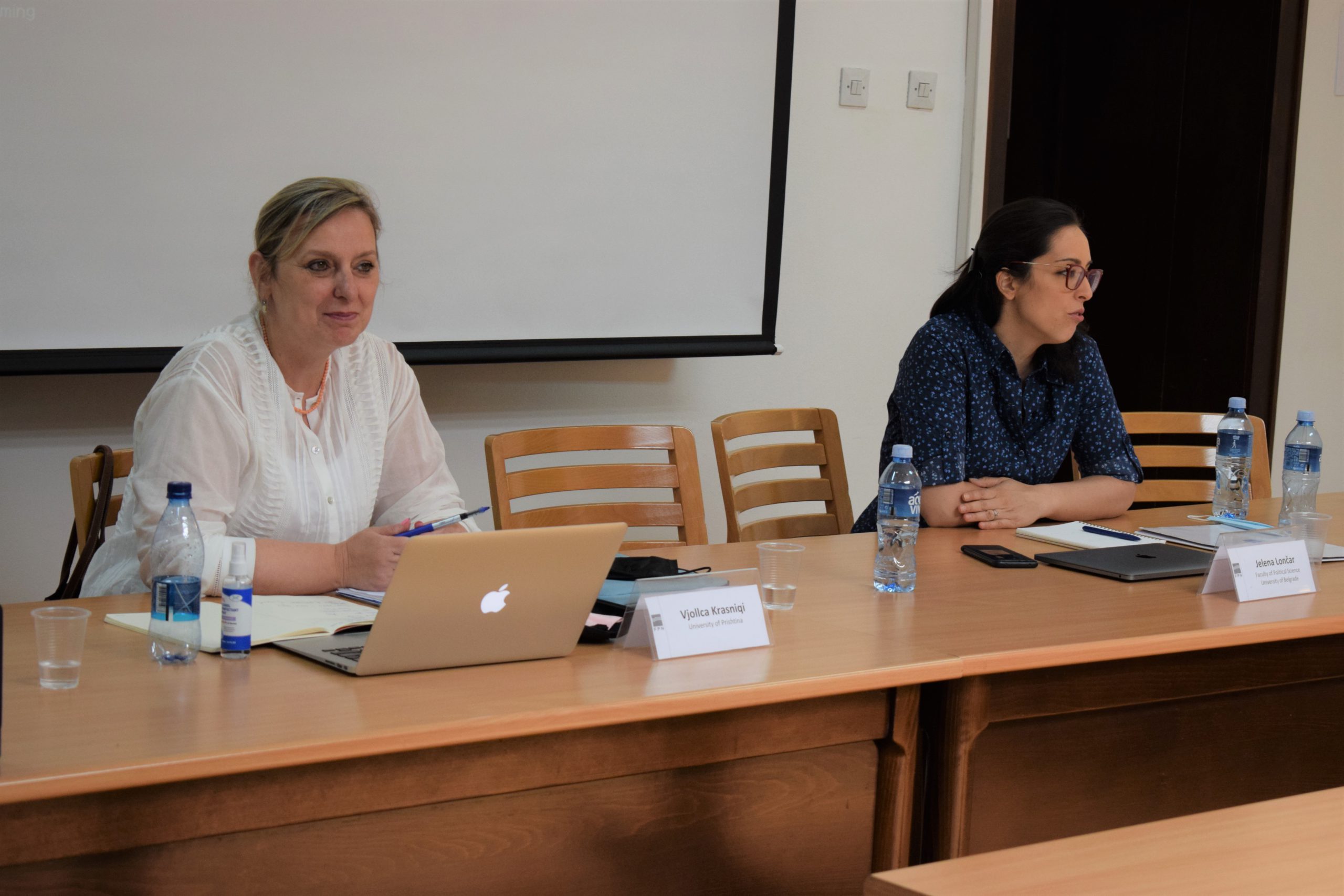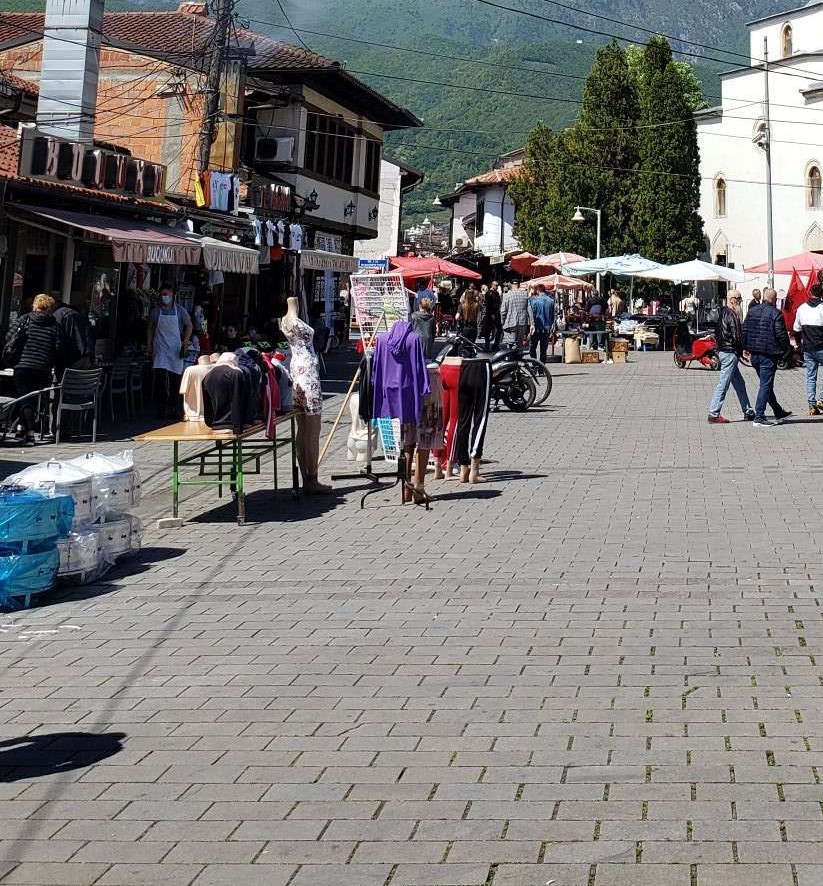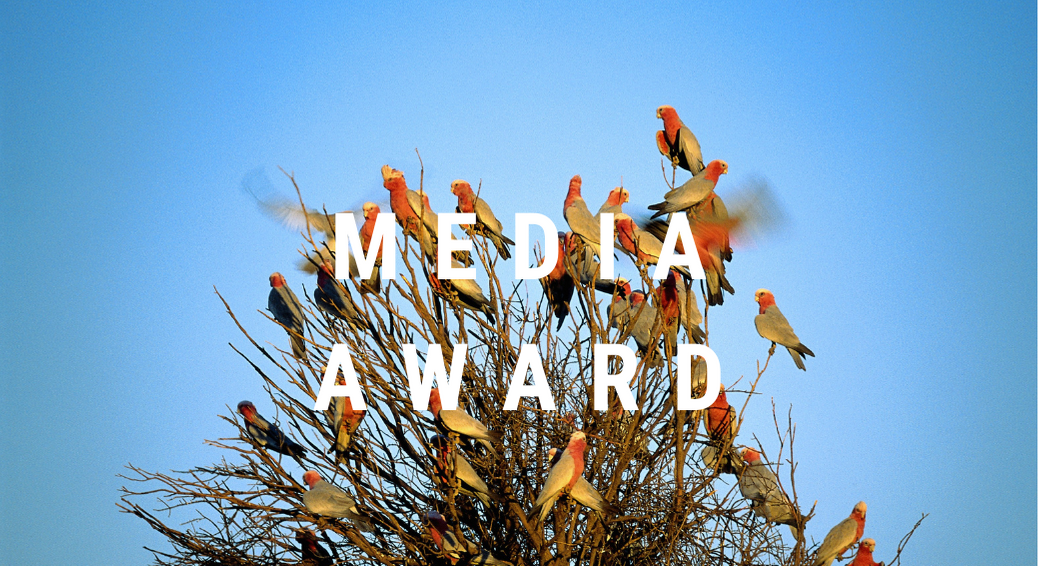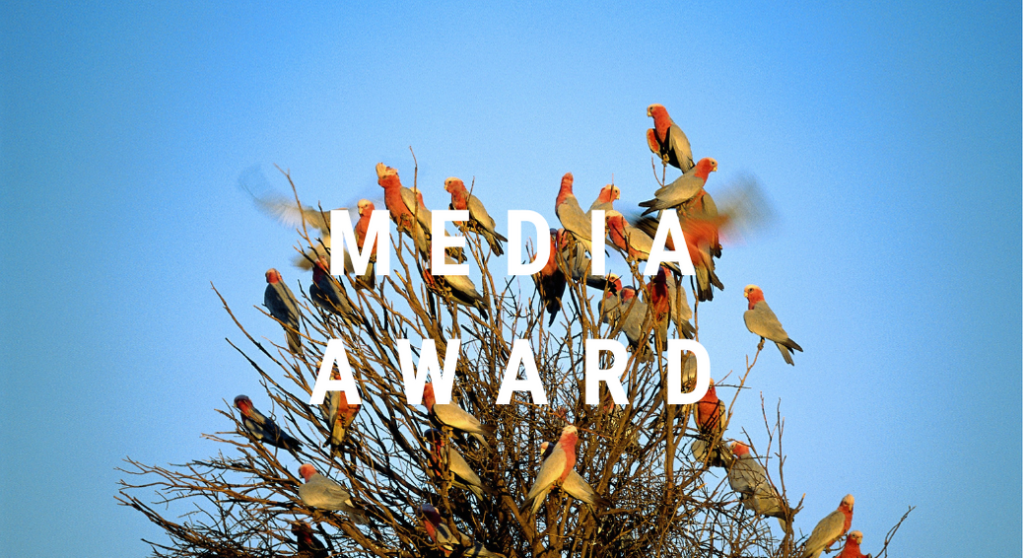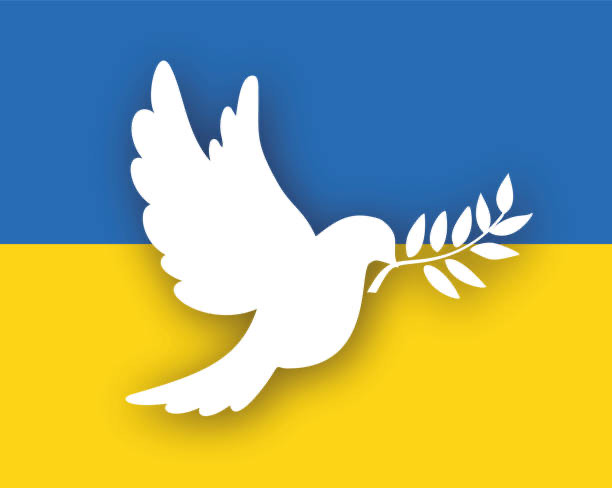
PCi endorses statement of Ukrainian mediation and dialogue practitioners on the application of dialogue during Russia’s aggression in Ukraine.
Thirteen Ukrainian organisations with experience and expertise in the areas of mediation and dialogue have issued a joint statement to bring the attention of international donors and programming organisations to key aspects of the present context for the application of dialogue and peacebuilding approaches. The statement has been supported by a further 14 dialogue and mediation organisations.
The organisations preparing the statement express their appreciation of the unprecedented support directed towards Ukraine and propose seven points to be taken into consideration with respect to developing appropriate peacebuilding and dialogue approaches in the country at this time:
- The armed aggression in Russia must be understood in its full context, including as a violation of the very cornerstones of the post-World War II world order.
- Political-level (Track One) negotiations between the warring parties should continue on peace and humanitarian issues and formats may be considered for the involvement of civil society in such processes.
- Dialogue between citizens of Ukraine, Russia and Belarus during active hostilities is not appropriate to the current phase of the conflict, no matter the location of the talks, and does not reflect ‘do-no-harm’ principles.
- Dialogue and dialogue approaches can and should be used as a tool to strengthen resilience, social cohesion and unity within Ukrainian society, and these should be supported even during the hot phase of the conflict. Similarly dialogue between the civil society of Ukraine and international counterparts should be encouraged.
- Support is needed to citizens of Russia and Belarus who are opposing their own authoritarian regimes and the aggression in Ukraine.
- It is essential that peace and dialogue methodologies introduced into Ukraine be adapted to take into account the specificities of Ukraine and are respectful of the approaches and tools that Ukrainians have prepared for their own practice since 2014.
- Ukrainian mediation and dialogue experts have highly developed capacities and are currently ready to (i) invest their efforts into development of the conditions under which it will be possible to convene dialogue at the civil society level; (ii) study and adapt available conceptual approaches and formats of dialogues; and (iii) initiate the development of methodologies and approaches to the design of prospective dialogue processes.
PCi endorses in full the points presented by Ukraine’s mediation and dialogue community and encourages all international peace actors looking to make a contribution in Ukraine at this time to acquaint themselves with the full statement and the reasoning behind the principle points, which are well laid out. Furthermore, PCi encourages peace actors in Ukraine to contribute to the dissemination of the statement which is available in both English and Ukrainian.

